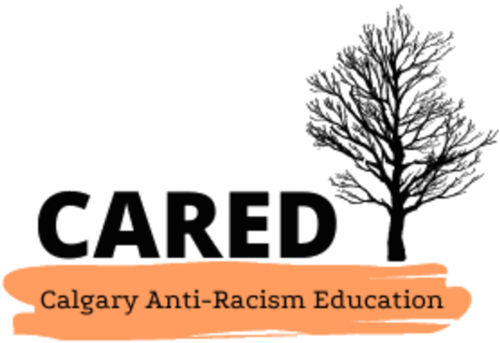

The term “facilitator” can be used to describe any of the following roles: primary, secondary, and/or postsecondary educators; anti-racism workshop facilitators; anyone who does anti-racism work; anyone dedicated to social justice; anyone within an organization who sees the need for an inclusive atmosphere etc.
An anti-racism facilitator understands the importance of talking about race and racism, as well as examining discrimination, power relationships and values that shape participants’ lived experiences (Lee, 2009; Bolgatz, 2005). These types of discussions may come up against ideas from cultural institutions and systems or, on a smaller scale, participants’ personal attitudes and assumptions. Having discussions about such topics can be difficult, slow and uncomfortable at times, however, they are necessary and should be part of a life long process.
An anti-racism facilitator should also recognize the importance of facilitating white participants’ understanding of their white identity so that they are able to identify and address assumptions, attitudes and behaviours connected to entitlement and superiority. (See Internalized/Racism Dominance, Democratic/Liberal Racism and Whiteness.) At the same time, the facilitator supports racialized participants’ understanding of racism and their relationship to it so that they do not collude in or internalize their own oppression ( Derman-Sparks, 2006, see Internalized Racism/Oppression.)
The anti-racism facilitator who works in educational environments ensures that the curriculum includes real-life, complex images (not stereotypical images) that are representative of a variety of cultures in everyday life. There must be ongoing critiques and discussions of materials that represent specific cultures falsely, not at all, or in a derogatory/racist fashion. For example, The Adventures of Huckleberry Finn depicts black people in a highly derogatory and racist way. Simply reading such a text, despite the fact that it may be considered a “classic,” does not provide us with an accurate understanding of black people or their culture. (See Inclusive Education and Anti-Racist Education)
Talking about race and racism can be difficult and stressful for participants and facilitators. Bolgatz stresses the importance of “racial literacy” and holds that racial literacy can only happen through practice: “We learn to talk about race and racism by talking about race and racism” (2005, p. 2). That is not to say that preparation and knowledge are unnecessary, but that it is through these discussions that we become better at broaching these topics. However, if a particular discussion becomes too difficult to continue, asking participants to instead journal or think through the issue(s) at hand individually may be beneficial. Such a break allows participants and facilitators to think and process the issue(s) which will ultimately make it easier to revisit the topic at a later time.




2500 University Drive NW
Calgary, AB T2N 1N4
(403) 220-2505
aclrc@ucalgary.ca